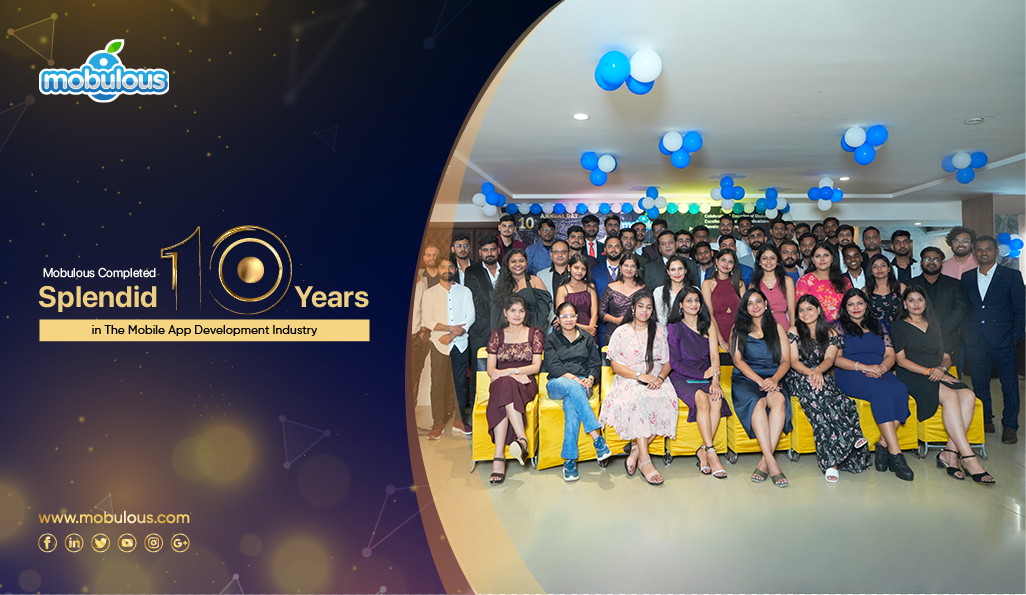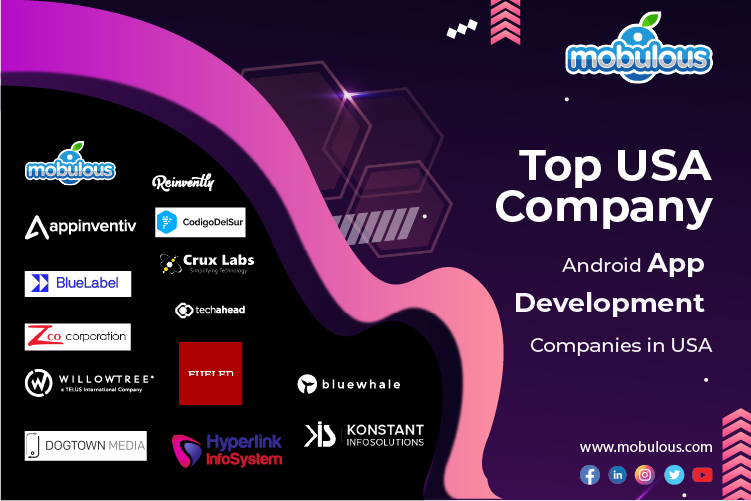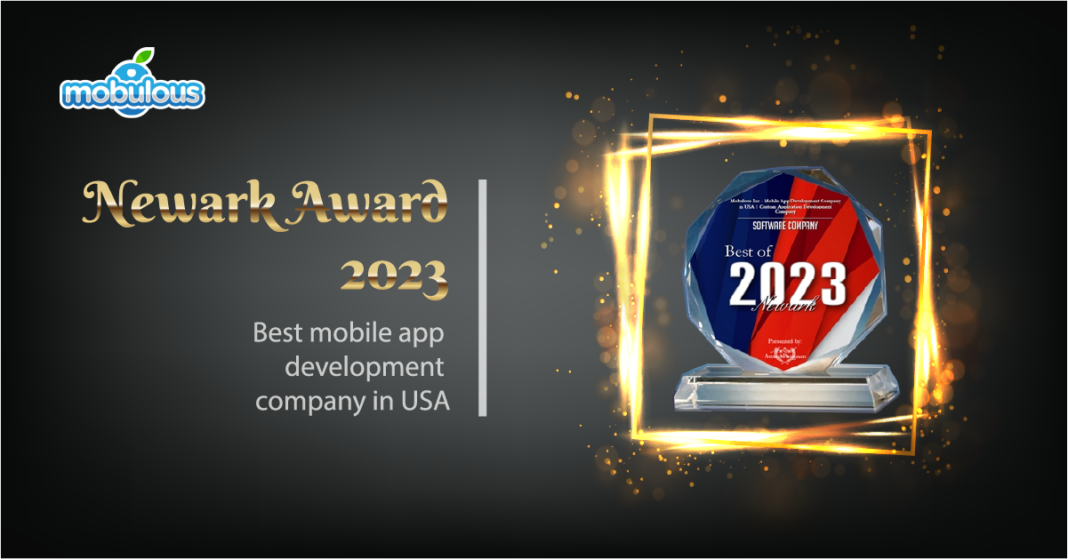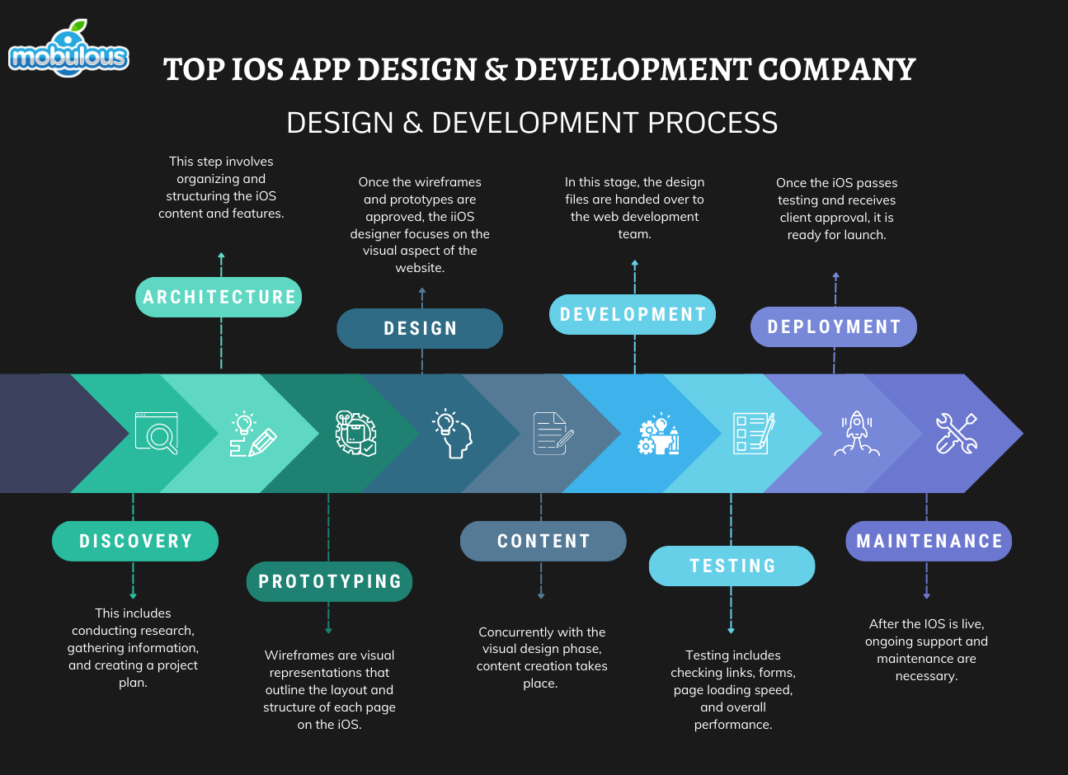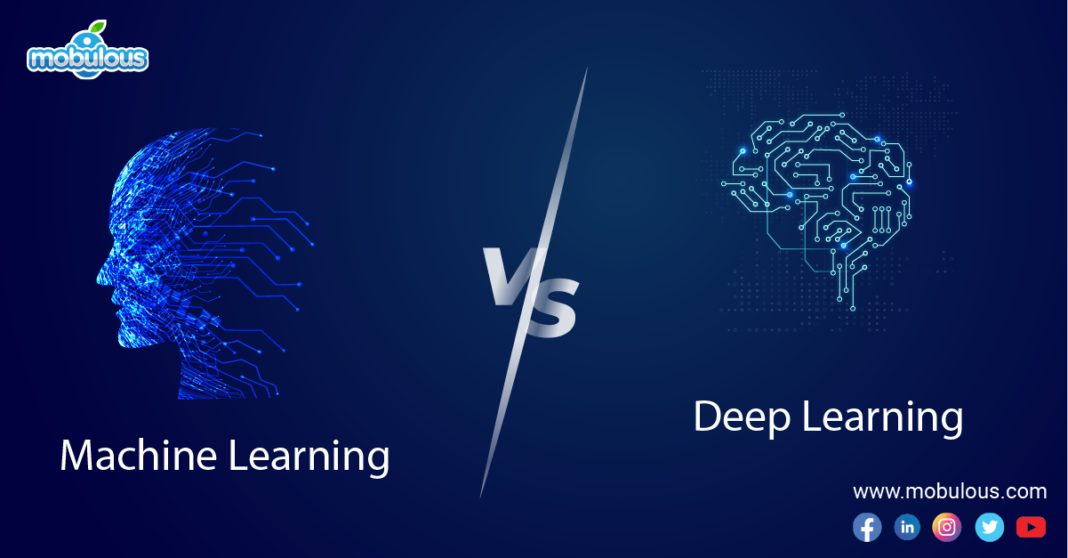What is Transports and Logistics App Development?
Transport and logistics app development involves creating specialized software solutions that streamline supply chain operations and transportation management.
These applications integrate advanced technologies like GPS tracking, AI algorithms, IoT sensors, and automation tools to optimize route planning, warehouse management, inventory control, and delivery processes, ensuring efficient end-to-end logistics operations.
Benefits of Transports and Logistics App Development
Modern logistics operations demand digital solutions to stay competitive and efficient. Here are the key benefits that transport and logistics app development brings to businesses:
1. Enhanced Operational Efficiency
Digital logistics solutions automate manual processes, reducing human error and paperwork. Advanced algorithms optimize route planning, load distribution, and warehouse operations, leading to faster delivery times and reduced operational costs.
Real-time tracking and automated dispatch systems ensure smooth coordination between different departments and stakeholders.
2. Improved Customer Experience
Real-time tracking capabilities provide customers with accurate delivery updates and estimated arrival times. Automated notifications, digital proof of delivery, and easy communication channels enhance transparency and trust.
Mobile apps enable customers to manage their shipments, schedule deliveries, and access shipping documentation instantly.
3. Data-Driven Decision Making
Advanced analytics tools process vast amounts of operational data to generate actionable insights. Historical data analysis helps identify patterns, predict trends, and optimize resource allocation.
Performance metrics and customizable reports enable managers to make informed decisions and implement strategic improvements.
4. Cost Reduction and Revenue Growth
Smart route optimization reduces fuel consumption and vehicle maintenance costs. Automated systems minimize administrative overhead and paper-based processes.
Efficient warehouse management and inventory control reduce storage costs and prevent stockouts, while data-driven pricing strategies maximize revenue.
5. Enhanced Security and Compliance
Digital systems implement robust security measures to protect sensitive data and maintain regulatory compliance.
Advanced encryption, access controls, and audit trails ensure data security. Automated compliance checking and documentation help meet industry regulations and maintain proper records.
6. Scalability and Flexibility
Cloud-based logistics solutions easily scale to accommodate business growth. Modular architecture allows new features and capabilities to be added as needed.
Integration capabilities enable seamless connection with existing systems and third-party services, ensuring adaptability to changing business needs.
System Requirements For Using The Transports and Logistics App
A transport and logistics app requires specific system capabilities to function effectively. For mobile devices, iOS 12.0+ or Android 8.0+ is recommended, with sufficient storage space for app installation and data storage.
For web-based access, modern browsers like Chrome, Firefox, or Safari are required. Internet connectivity is essential, with a minimum speed of 10Mbps for real-time tracking features.
GPS functionality should be enabled for location-based services, and devices should have adequate processing power for smooth operation.
How Does Real-Time Tracking Work in The Transports and Logistics App?
Real-time tracking is a crucial component of modern logistics applications, providing instant visibility into shipment locations and movement. Here's how the system works:
1. GPS Integration
GPS devices installed in vehicles transmit location data at regular intervals. These devices connect with multiple satellites to determine precise coordinates, speed, and direction, sending this information to the central server through cellular networks.
2. Data Processing and Analysis
The central system processes incoming GPS data and combines it with other relevant information like traffic conditions and weather updates. Machine learning algorithms analyze this data to calculate accurate estimated arrival times and identify potential delays.
3. Mobile Network Communication
Cellular networks facilitate continuous data transmission between vehicles and the central server. The system uses data optimization techniques to ensure efficient communication even in areas with limited connectivity, maintaining real-time tracking capabilities.
4. User Interface Updates
The application interface refreshes automatically to display current location information and status updates. Interactive maps show vehicle movements, while notifications alert users about significant events or deviations from planned routes.
5. Historical Data Management
The system stores tracking data in secure databases for future reference and analysis. This historical information helps in performance evaluation, route optimization, and generating insights for operational improvements.
What Tools Are Available For Fleet Management?
Fleet management requires sophisticated tools to maintain operational efficiency and vehicle performance. Modern logistics applications offer comprehensive fleet management features to optimize operations:
1. Vehicle Diagnostics System
Integrated diagnostic tools monitor vehicle health in real time, tracking engine performance, fuel consumption, and maintenance needs. Advanced sensors collect data on critical parameters, generating automated alerts for potential issues and scheduling preventive maintenance to minimize downtime.
2. Driver Performance Analytics
Advanced monitoring systems track driver behavior, including speed patterns, braking habits, and route adherence. The system generates performance reports, identifies training needs, and implements safety protocols while providing real-time feedback to improve driving efficiency.
3. Fuel Management Dashboard
Comprehensive fuel tracking tools monitor consumption patterns, identify inefficiencies, and suggest optimization strategies. The system tracks refueling schedules, analyzes fuel economy, and provides insights for reducing fuel costs across the fleet.
4. Maintenance Scheduling Platform
Automated maintenance tracking systems schedule regular service intervals, track repair history, and manage parts inventory. The platform sends maintenance alerts, tracks warranty information, and maintains detailed service records for compliance and optimization.
5. Asset Utilization Tools
Advanced analytics track vehicle utilization rates, idle times, and capacity usage. The system identifies underutilized assets, optimizes fleet size, and suggests resource allocation strategies to maximize operational efficiency.
Does The Transports App Support Multi-Modal Transportation Management?
Yes, the transport app efficiently manages multi-modal transportation operations, integrating various transport modes including road, rail, sea, and air freight.
The system provides unified visibility across different transportation methods, optimizes intermodal connections, and manages documentation for each mode.
It enables seamless coordination between different carriers, tracks transfers between modes, and calculates optimal routes considering various transportation options.
What KPIs Can Be Tracked Using The App?
The app monitors crucial logistics KPIs including on-time delivery rates, transportation costs per unit, fleet utilization rates, and fuel efficiency metrics. It tracks warehouse performance indicators, inventory turnover rates, and order accuracy.
The system provides real-time visibility into delivery times, route efficiency, driver performance, and customer satisfaction scores, enabling data-driven operational improvements.
How Does The App Ensure Data Accuracy And Reliability?
Data accuracy and reliability are fundamental to effective logistics management. The app implements multiple layers of verification and validation:
1. Automated Data Verification
Multiple validation algorithms check incoming data for accuracy and completeness. The system automatically flags discrepancies, corrects common errors, and maintains data integrity through continuous monitoring protocols.
2. Real-Time Data Synchronization
Cloud-based infrastructure ensures consistent data updates across all devices. Automatic synchronization protocols prevent data conflicts, maintain version control, and provide backup mechanisms for critical information.
3. Multi-Source Data Validation
Cross-referencing systems compare data from multiple sources to ensure accuracy. GPS coordinates, sensor readings, and manual inputs are validated against each other to identify and correct potential discrepancies.
4. Secure Data Storage
Advanced encryption protects data during storage and transmission. Regular backups, redundant storage systems, and secure access protocols ensure data availability and integrity at all times.
5. Regular System Audits
Automated auditing tools continuously monitor system performance and data accuracy. Regular checks identify potential issues, maintain data quality, and ensure compliance with industry standards.
6. User Input Validation
Smart validation rules verify user-entered data in real time. The system checks for logical consistency, format compliance, and completeness before accepting any manual inputs.
Does The App Integrate With Third-Party Tools?
The transport and logistics app offers comprehensive integration capabilities with various third-party tools and systems. It supports seamless connections with ERP systems, accounting software, CRM platforms, and other business applications through standardized APIs.
The platform enables custom integrations with warehouse management systems, e-commerce platforms, payment gateways, and tracking services, ensuring smooth data flow and operational consistency across different business tools.
How to Set Up API Integrations For Custom Solutions?
Setting up API integrations requires careful planning and implementation to ensure seamless communication between systems. Here's a comprehensive guide:
1. API Documentation Analysis
Review available API documentation thoroughly to understand endpoints, data formats, and authentication requirements.
Identify necessary integration points, analyze data structures, and determine the scope of integration. Create a detailed integration plan considering rate limits, data synchronization frequency, and error handling procedures.
2. Authentication Setup
Implement secure authentication methods using OAuth 2.0 or API keys. Configure access tokens, manage refresh mechanisms and establish secure credential storage.
Set up role-based access controls and monitor authentication processes to maintain security while ensuring smooth system communication.
3. Endpoint Configuration
Define and configure API endpoints for data exchange between systems. Establish request/response formats, implement data mapping rules, and set up error handling protocols.
Create middleware layers for data transformation and ensure proper routing of API calls.
4. Data Synchronization
Implement robust data synchronization mechanisms to maintain consistency across systems. Set up automated sync schedules, handle conflict resolution, and establish data validation rules.
Create logging mechanisms to track synchronization status and handle potential failures.
5. Testing and Validation
Conduct comprehensive testing of API integrations in staging environments. Verify data accuracy, test error scenarios, and validate response handling.
Implement monitoring tools to track API performance and establish alerts for potential issues.
6. Documentation and Maintenance
Create detailed documentation of integration specifications and configurations. Establish maintenance schedules, update procedures, and troubleshooting guidelines.
Maintain version control and change logs for future reference and system updates.
7. Performance Optimization
Monitor API performance metrics and optimize integration efficiency. Implement caching mechanisms, manage request queues, and optimize data transfer processes.
Regular performance analysis ensures smooth operation and identifies areas for improvement.
How Does AI-Based Predictive Analysis Work in The App?
The app's AI-based predictive analysis utilizes machine learning algorithms to process historical and real-time data for accurate forecasting.
The system analyzes patterns in shipping routes, delivery times, demand fluctuations, and operational metrics to predict future trends and potential issues.
It employs neural networks and statistical models to forecast delivery delays, maintenance needs, and resource requirements.
The AI continuously learns from new data, improving prediction accuracy over time while providing actionable insights for proactive decision-making and risk mitigation.

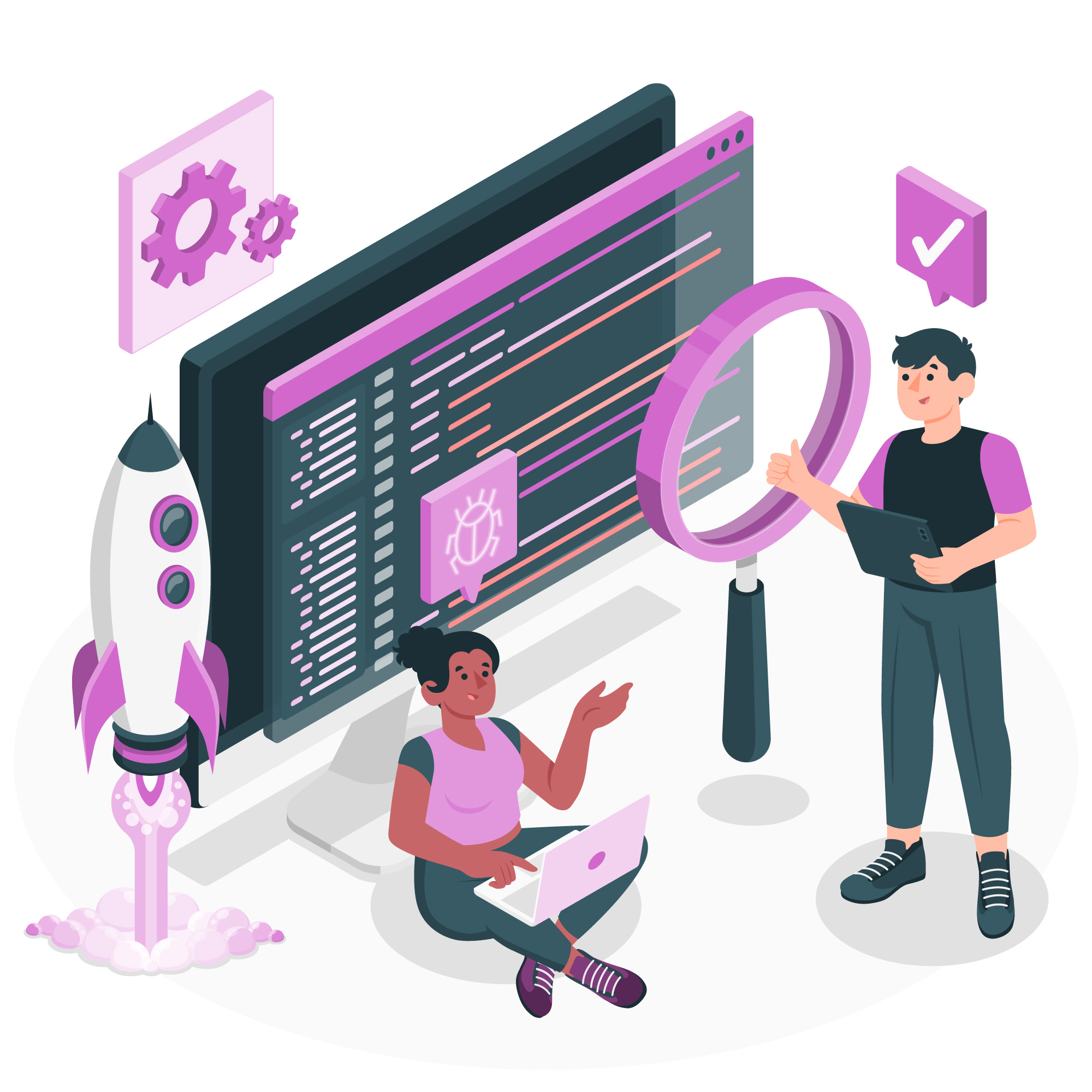

















 Industry Diversified
Industry Diversified 














